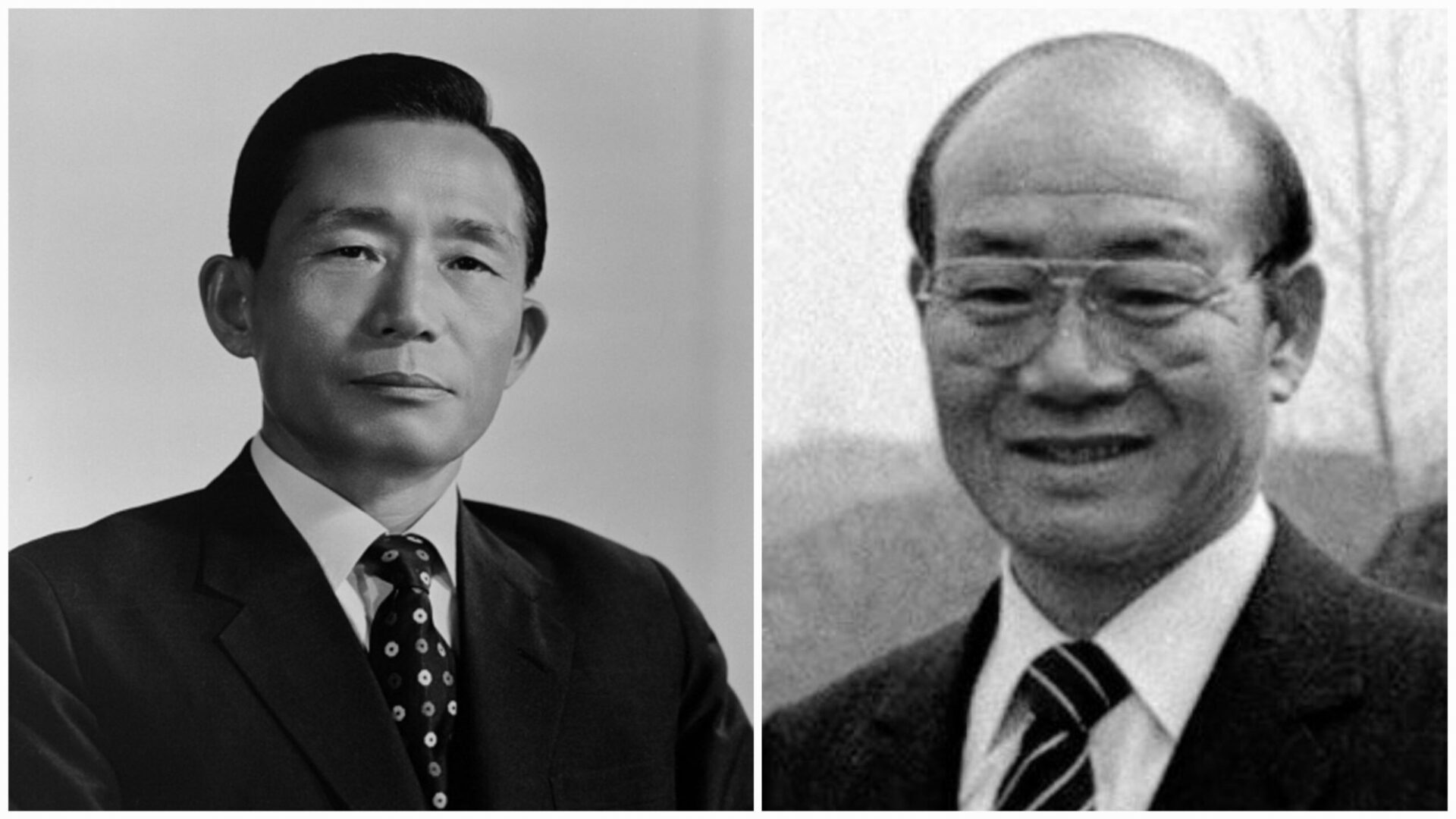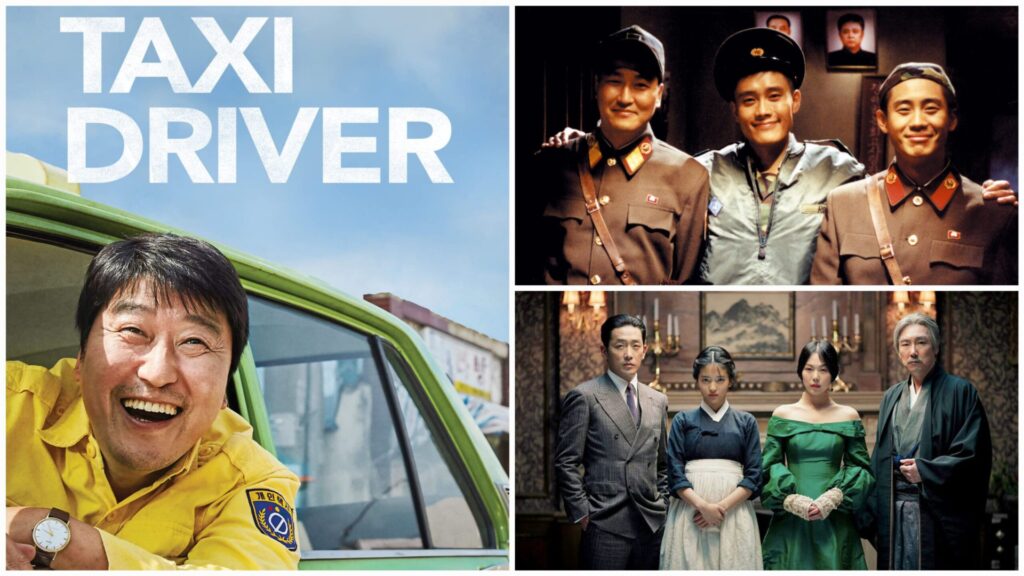The Korean Film Council held the Freedom of Expression Festival in December 2022. They screened 20 Korean censored, blacklisted, and banned films in collaboration with local independent theaters. According to The Korea Herald, the council organized discussions, and lectures, along with the distribution of white pamphlets about how to prevail freedom of expression in art and regulate censorship.
South Korea has fought many battles to achieve its freedom from the clutches of politics. Let it be for democracy or art. The two most significant blacklist and banning period for Korean cinema was during the Japanese rule and the 80s Military dictatorship.

- Every form of communication went through endless inspection and censoring during Japanese imperialism. Cinema too faced censorship and ban under the Motion Picture Censorship Regulation and Chosun Motion Picture Law. Due to this, every film featuring opinions about the war or Japanese regiment was banned.
- Post Independence and during the military rule of Park Chung-Hee and Chun Doo-Hwan (1973 – 1992) Korean Cinema faced its depression era. The Motion Picture Promotion Corporation removed any scenes criticizing the government and banned various film studios.
The censorship of art still prevails in the Korean film industry although it is no longer as severe. So, let us check out some of the films screened during the Freedom of Expression Festival.
Korean Films Challenging Freedom of Expression
Joint Security Area
The film JSA is directed by Park Chan-Wook. It depicts a wartime story where the death of two soldiers on the border between North and South Korea leads to an investigation. One of the shooters pleads self-defense while the other claims it to be pre-mediated therefore, a neutral party is called to sort this sensitive problem out. The film is based on the novel DMZ by Park Sang-Yeon and stars Lee Young-Ae, Lee Byung-Hun, Song Kang-Ho, and Shin Ha-Kyun.
Also Read: Spy-Thriller Hunt captures awards + where to watch
The Handmaiden
The film is set in Japanese-occupied Korea (the 1930s) and depicts many progressive themes such as sexuality. The story is loosely inspired by The Fingersmiths by Sarah Waters and follows a woman hired as a handmaiden for a Japanese heiress who wishes to defraud her. It starred Kim Min-Hee, Kim Tae-Ri, Choi Jin-Woong, and Ha Jung-Woo in pivotal roles.
The Attorney
Director Woo Seok-Yang’s The Attorney depicts the true historical events of 1981. The Police arrested students and teachers without warrants under Chun Do-Hwan’s military regiment and a lawyer takes up their case. The film starred Song Kang-Ho, Kim Young-Ae, Oh Dal-So, and Im Si-Wan in key roles.
A Taxi Driver
This film covers the tragic events of the Gwanju Uprising. It follows a taxi driver who helps a foreign journalist cover the student protests. It is one of the best films in Korean Cinema that depicts every aspect of a real event and starred Song Kang-Ho, Jung Do-Hur, and Ryu Jun-Yeol under the direction of Jang-Hoon.
Also Read: All New Netflix Films Coming This December 2022
https://youtu.be/XCK4iz1kYB8
The Truth Shall Not Sink With Sewol
This is a documentary film covering the tragedy of Sewol Ferry. A painful incident that resulted in the death of 304 people including children who were on a school trip. The film shows the struggle of the media with the government as it tries to uncover the reason behind the tragedy and suffering of the victim’s family. Lee Sang-Ho and Ahn Hae-Ryeong take the helm as directors of this film.
All the listed Korean films depict an important aspect of historical events or taboo topics. None of them would have passed the harsh regulations of the censor board hence, they show the importance of freedom of expression in the art to express history, culture, life, and minorities.
For more insights about entertainment, gaming, and sports, follow Spiel Times.
